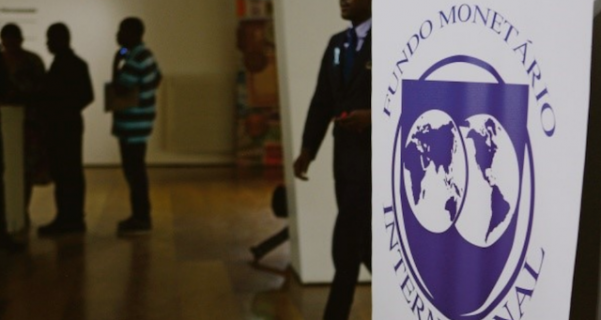"Developing a common understanding between official creditors who are members of the Paris Club and others will be a positive step, but private creditors are concerned about the comparability of the principles of treatment that will be applied, so with this in mind we emphasize the importance of a case-by-case approach, triggered by the country's request for implementation of a full IMF program," reads a letter to the G20 presidency.
The group of the world's top 20 economies met last week with finance ministers and central bank governors and later this week will bring together the leaders of these countries.
Improving the architecture of sovereign debt is a shared responsibility, according to the letter to which Lusa had access, in which creditors note that "the rapid rise in government debt from 35 percent to 55 percent of GDP in countries eligible for the Debt Service Suspension Initiative (DSSI) over the past decade has left many vulnerable countries at greater risk of having unsustainable debt and having to restructure it.
The missive of private creditors comes at the same time that finance ministers and central bank governors met last week and advocated a deepening of mechanisms to deal with this especially problematic issue for African countries in general and Portuguese-speaking countries Angola, Mozambique and Cape Verde in particular.
"It is clear that the pandemic has increased the risk of problematic debt, and in such cases private creditors are ready to engage in good faith in the treatment of debt that restores long-term sustainability, in the context of an IMF-supported policy program with comparable treatment for all creditors," they argue.
On Friday, the G20 released a set of principles for in-depth treatment of the public debt issue of the most vulnerable countries, in which the IMF will play a greater role and China should be involved.
The agreement goes beyond the DSSI, and aims to deal with countries on a case-by-case basis, as creditors defend, and is a recognition that the difficulties caused by the covid-19 pandemic will persist for some time to come and that more countries may have difficulties servicing debt next year.
"For the first time, all major bilateral creditors, members and non-members of the Paris Club, will coordinate debt treatment," the French prime minister noted, in an implicit reference to China, a crucial country because of the volume of debt it holds.
"It will bring more transparency to the debt relief process and involve private creditors, who need to guarantee at least comparable terms," said Bruno Le Maire.
The new rules agreed by the G20 finance ministers and central bank governors make the need for restructuring dependent on an analysis of debt sustainability by the IMF and the World Bank, and debtors will have to seek comparable terms between private creditors and bilateral officials.
"Dialogue with the private sector is essential for the implementation of any proposal to reform the international architecture of sovereign debt," conclude the representatives of private creditors.







